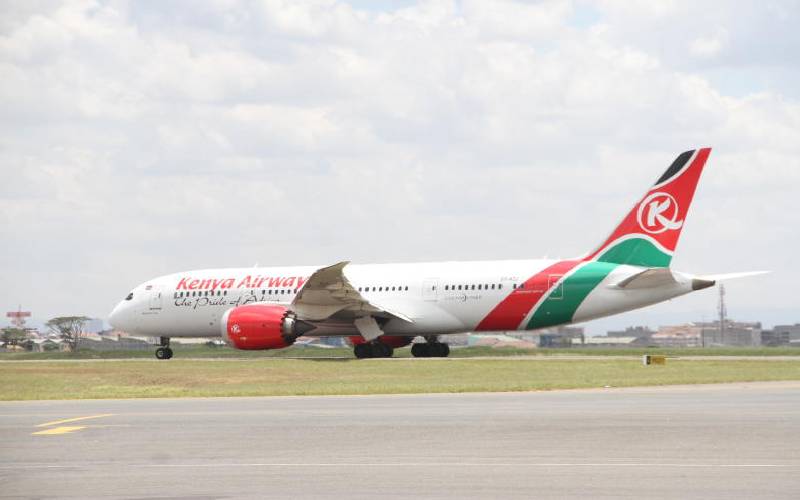×
The Standard e-Paper
Smart Minds Choose Us

In 2014 at the height of the civil war in the Central African Republic, many countries started evacuating their nationals. France sent planes to rescue French citizens. British Airways allowed only their passport holders to board. Americans would not countenance the thought of non-citizens boarding their planes.